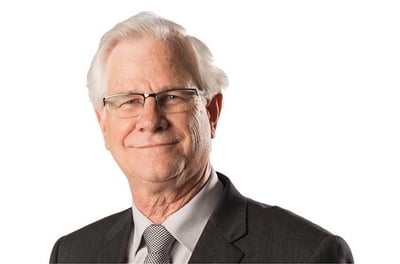Mind of Jacka: The Room Where It Happens
Blogs Mike Jacka, CIA, CPA, CPCU, CLU Aug 22, 2024

Have you heard about this new musical? Seems to be real popular. It’s called … what was that name again? Oh, yeah. Hamilton!
You have?!!
Well, then, that may make this easier. There is some great and/or interesting music in Hamilton. And, while I know musicals and plays are not everyone’s taste, it is worth watching for, if nothing else, some of the history we far too easily forget.
But let’s talk about one particular song. (And, yes, I gave it away with the title of this piece.) It’s called “The Room Where It Happens.” Aaron Burr is talking about (okay, singing about) his desire to be a fixture in the development of the new country, believing his approach is the appropriate one for the new country’s success. And then he finds out he has been left out of the decisions. He was not in the room where it happened.
Here are a few interesting quotes from the song:
“No one really knows how the game is played, the art of the trade, how the sausage gets made. We just assume that it happens. But no one else is in the room where it happens.”
“No one really knows how the parties get to ‘Yes.’ The pieces that are sacrificed in every game of chess. We just assume that it happens. But no one else is in the room where it happens.”
“What do you want, Burr? I want to be in the room where it happens.”
Don’t worry, this is not a political post. Rather, it is about the decisions that are made by organizational leaders every day.
And it is about how internal auditors need to be in the rooms where it happens. Not helping make the decisions (that isn’t our role), but understanding how the decisions are made, what leaders are trying to achieve, and what the final decisions really are.
We need to know how the sausage was made. We have to know how agreements were achieved. We have to know what was sacrificed. We have to know what was discussed. We have to be in the room where it happens.
Don’t think you can get that seat? Well, more’s the pity. Because the only way we can effectively understand and impact our role in risk and control is by knowing the decision and why it was made.
I know departments that effectively have that seat. And they are successful because they know what decisions are being made, why they are being made, and how they are made.
This should be the anthem of internal audit — a part of the Standards, a song sung every morning as everyone comes to work, a pledge before every audit meeting, words to live by, a pinnacle to strive for.
We must be in the room where it happens.


